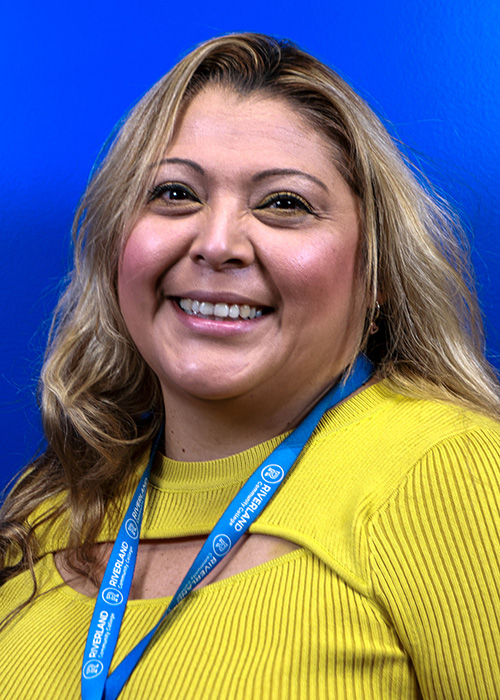Guidelines for Qualifying Professional
- Acquired Brain Injury (ABI) ~ Professionals conducting assessments and rendering diagnoses of Acquired Brain Injury must have post-doctoral training in identification and treatment of ABI. The following professionals would generally be considered qualified to evaluate and develop learning strategies for persons with ABI: neuropsychologists, educational psychologists with postgraduate concentration in cognitive strategy development and remediation, and relevantly trained clinical psychologists. Use of diagnostic terminology indicating an ABI by someone without training and experience in these fields is not acceptable.
- Attention Deficit Hyperactivity Disorder (ADHD) ~ Professionals conducting assessments and rendering diagnoses of ADHD must have training in differential diagnosis and pertinent psychiatric disorders. The following professionals would generally be considered qualified to evaluate and diagnose ADHD provided they have direct experience with an adolescent and/or adult ADHD population: psychologists, neuropsychologists, psychiatrists, and other relevantly trained medical doctors. A clinical team approach consisting of a variety of educational, medical, and counseling professionals with training in the evaluation of ADHD in adolescents and/or adults may be important. Use of diagnostic terminology indicating ADHD by someone without training and experience in these fields is not acceptable
- Autism Spectrum Disorder/Asperger Syndrome ~ Professionals conducting assessments and rendering diagnoses of Autism Spectrum Disorder/Asperger Syndrome must have training in differential diagnosis and pertinent psychiatric disorders. A credentialed professional would be someone who has undergone comprehensive training and has at least 5 years of experience diagnosing ASDs in children, adolescents or young adults. The following professionals would generally be considered qualified to evaluate and diagnose Autism Spectrum Disorder/Asperger Syndrome: (developmental pediatrician, neurologist, psychiatrist, clinical psychologist, neuropsychologists, etc. Use of diagnostic terminology indicating Autism Spectrum Disorder/Asperger Syndrome by someone without training and experience in these fields is not acceptable.
- Blindness/Low Vision ~ Professional conducting assessments and rendering diagnoses of blindness and low vision is an ophthalmologist.
- Deaf/Hard of Hearing ~ Professional conducting assessments and rendering a diagnoses of deafness and hard of hearing is an otorhinolaryngologist, otologist, or licensed audiologist.
- Psychiatric Disorders ~ Professionals conducting assessments and rendering diagnoses of psychiatric disorders must have training in differential diagnosis and the full range of psychiatric conditions. The following professionals would generally be considered qualified to evaluate and diagnose psychiatric disorders provided they have comprehensive training in differential diagnosis and direct experience with an adolescent and/or adult population: licensed clinical psychologists, licensed clinical social workers, psychiatrists, and other relevantly trained medical doctors. Use of diagnostic terminology indicating a psychiatric disorder by someone without training and experience in these fields is not acceptable.
- Intellectual Disabilities ~Students requesting accommodations on the basis of an Intellectual Disability (ID; formerly known as mental retardation) must provide documentation from a professional who has undergone comprehensive training and has relevant experience in the assessment of intellectual disability in adolescents and/or adults (e.g., clinical or educational psychologists, school psychologists, neuropsychologists, and special education teachers. At the secondary level, eligibility for services under the category of ID may be determined by a multidisciplinary team and therefore include reports completed by special education teachers.)
- Learning Disabilities ~ The following professionals would generally be considered qualified to evaluate specific learning disabilities provided they have additional training and experience in differential diagnosis and the assessment of learning problems in adolescents and/or adults: clinical or educational psychologists, school psychologists, neuropsychologists, and learning disabilities specialists. At the secondary level, eligibility for services under the category of LD may be determined by a multidisciplinary team and therefore include reports completed by clinical or educational psychologists and special education teachers. Use of diagnostic terminology indicating a learning disability by someone without training and experience in these fields is not acceptable.
- Physical Mobility, Dexterity, and Chronic Health-Related Conditions ~ The professional conducting assessments and rendering a diagnoses is a medical physician or medical specialist in the field.
Your Qualified Profession must submit disability documentation directly to the Accessibility Services Office. (Contact information is below.)
 |
Suhai Boyer |

